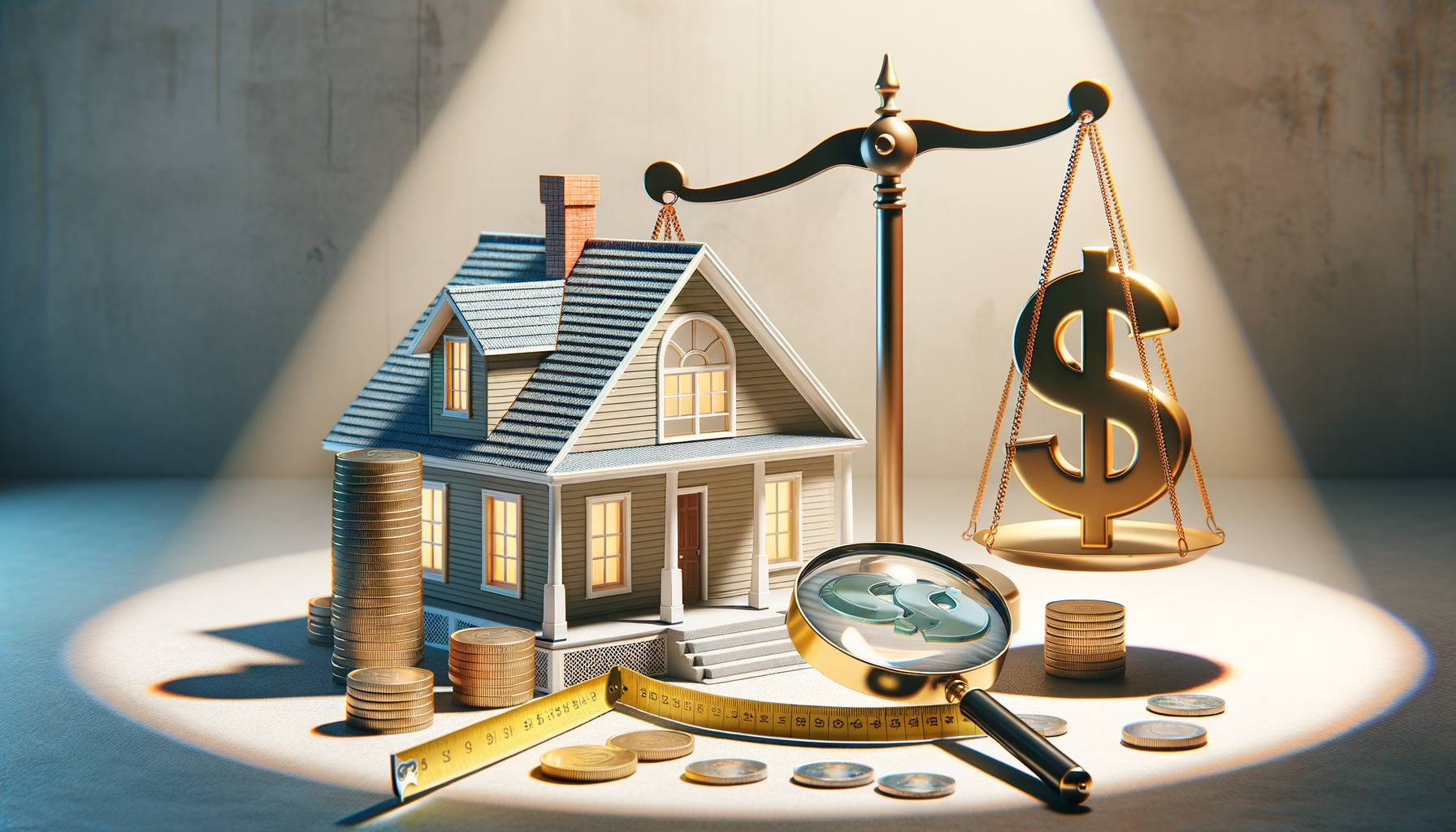
The Complete Guide to Calculate Your Real Home Value
Introduction: Understanding the Real Value of Your Home
In today’s dynamic real estate market, knowing the true value of your home is more crucial than ever. Whether you’re planning to sell, refinance, or simply curious, understanding your home’s worth can guide your financial decisions. Calculating your real home value isn’t just about the current market trends; it involves a comprehensive analysis of various factors that contribute to your property’s worth. This guide will delve into the essential components that influence home value, providing you with a well-rounded understanding of how to calculate it accurately.
Factors Influencing Home Value
Several factors play a significant role in determining the value of a home. These include location, size, condition, and market trends, among others. Let’s explore these in detail:
- Location: The location of your home is perhaps the most critical factor. Proximity to amenities such as schools, parks, shopping centers, and public transportation can significantly affect your home’s value. Additionally, the neighborhood’s safety and overall appeal are vital considerations.
- Size and Layout: The square footage of your home and the number of bedrooms and bathrooms can influence its market value. A well-designed layout that maximizes space can add to the home’s appeal.
- Condition and Age: A well-maintained home usually commands a higher price. The age of the property also matters; newer homes might have modern amenities and require less maintenance, while older homes may have historical value that could increase their worth.
- Market Trends: The current state of the real estate market can impact home values. In a seller’s market, where demand exceeds supply, home prices tend to rise. Conversely, in a buyer’s market, prices may drop.
Understanding these factors can provide a clearer picture of what affects your home’s value and how you can potentially enhance it.
Methods to Calculate Home Value
Now that we’ve covered the factors influencing home value, let’s look at the methods used to calculate it.
- Comparative Market Analysis (CMA): A CMA is performed by real estate professionals to estimate a home’s value based on recent sales of similar properties in the area. It considers factors like size, location, and condition to provide a comparative value.
- Online Valuation Tools: These tools use algorithms and data from recent sales to provide an estimate of your home’s value. While convenient, they may not always account for unique features of your property.
- Professional Appraisal: Hiring a certified appraiser can give you an accurate assessment. Appraisers consider various factors, including the property’s condition, upgrades, and the local market, to provide a detailed report.
- Cost Approach: This method calculates the cost to rebuild the property from scratch, factoring in the land value and depreciation. It’s often used for unique properties where comparables are scarce.
Each method has its advantages and limitations, and using a combination can provide a more accurate valuation.
Enhancing Your Home’s Value
Once you understand what determines your home’s value, you can take steps to enhance it. Here are some strategies:
- Renovations and Upgrades: Updating kitchens, bathrooms, and other key areas can significantly increase your home’s value. Focus on improvements that offer a good return on investment.
- Curb Appeal: First impressions matter. Enhancing your home’s exterior with landscaping, fresh paint, and clean pathways can boost its appeal.
- Energy Efficiency: Installing energy-efficient windows, appliances, and insulation can attract eco-conscious buyers and add value.
- Regular Maintenance: Keeping your home in good repair prevents small issues from becoming major problems, maintaining its value over time.
By focusing on these areas, you can not only increase your home’s value but also make it more attractive to potential buyers.
Conclusion: Making Informed Decisions
Calculating your real home value is a multifaceted process that requires consideration of various factors and methods. By understanding these elements, homeowners can make informed decisions, whether they’re looking to sell, refinance, or simply understand their investment better. Regularly assessing your home’s value can also help you identify opportunities for improvement and maximize your property’s potential in the ever-evolving real estate market.